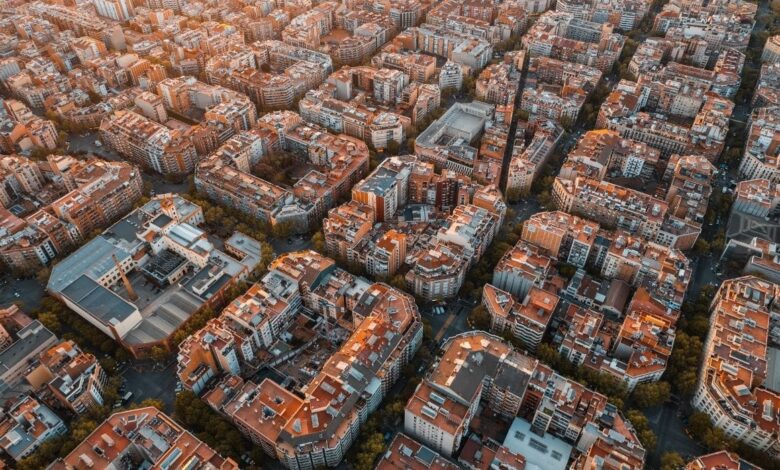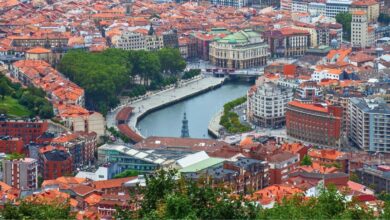Barcelona’s tourist apartment sector demands €3 billion in compensation after a crackdown on permits

Despite being one of the most visited cities in the world, Barcelona made the stunning decision in 2015 to ban the construction of new hotels in the city center and recently decided to revoke the licenses of more than 10,100 tourist apartments. As a result the city is now facing damages claims of up to €3 billion.
At a meeting on Monday, Enrique Alcántara, president of the Association of Tourist Apartments of Barcelona (Apartur), said announced that claims have already been filed for a total amount of more than €1 billion, and that this amount is expected to rise to €3 billion by November 8.
The claims are justified by the current and expected financial losses suffered by 1,500 property owners and 25 management companies as a result of new mayor Jaume Collboni’s plan to revoke all permits for tourist apartments by 2028.
But that’s not all-TThe measure has been extended to 262 other municipalities in Catalonia, where local authorities may only approve permits for 10 tourist apartments per 100 inhabitants, provided there is sufficient land available to build housing.
This move will affect a large number of the existing 95,000 tourist apartments, whose owners plan to file similar compensation claims for up to €7 billion regionally.
According to the Reignthere is a direct correlation between the increase in the number of tourist apartments and the decrease in long-term rental properties.
“This trend makes it even more difficult for individuals and families to access mainstream housing at a time of rising demand.” said an official.
The ‘hypocrisy’ of the government
According to a 2023 decree, the approval of tourist apartments in Catalonia requires that municipal councils first issue a so-called Land use plan, including these licenses. Because Barcelona has no plans for this, all current licenses will be automatically canceled around November 2028.
Collboni justifies his decision by citing Barcelona’s massive housing crisis, where renting is now 68% more expensive and buying a home is 38% more expensive than in 2014, making the city increasingly unliveable for locals.
Regarding this issue, tourists and Digital nomads are largely blamed for these increases.
As reported by an impressive number of international media outlets over the summer, more than 3,000 Barcelona residents took to the streets to protest mass tourism and rising housing costs, using plastic water guns to spray anyone who “looked” like a tourist.
Many protesters went even further, cordoning off restaurants and hotels with red tape typically used by police at crime scenes.
Amid chants of “Tourists go home” and “Barcelona is not for sale,” Socialist Collboni announced the ban on tourist apartments on June 21 to curb this phenomenon.
However, the mayor is “a hypocrite”, says Alcántara, because he plans to approve the construction of new hotels on “residential land” as long as they have “cultural purposes”, which is currently prohibited.
“The ‘supposed’ solution to build more hotels instead of allowing tourist apartments [to fight overtourism] is hypocritical because many hotels in Barcelona are built on residential land. A large number of hotels in the city center have been built on land where Barcelonans used to live.”
The government “Thousands of homes irreversibly destroyed. On the other hand, tourist housing is the most sustainable solution and only accounts for 1% of the housing stock in Barcelona.” concludes the president of Apartur.
40% of tourists in Barcelona are at risk
The implementation of this regulation will have a negative impact on at least 40% of tourists in Barcelona, according to the manager of the tourist apartment association, Marian Muro.
This is just ‘a disguised expropriation of a right’ Muro adds, arguing that the construction of new hotels “It reduces housing.”
The most worrying fact is that this is just one measure in a series of decisions the city has taken since the administration of Ada Colau, a former Okupa (squatter) became mayor.
The general perception among locals is that since her administration, issues of tourism, tourist taxes and insecurity have spiraled out of control, affecting both visitors and locals.




